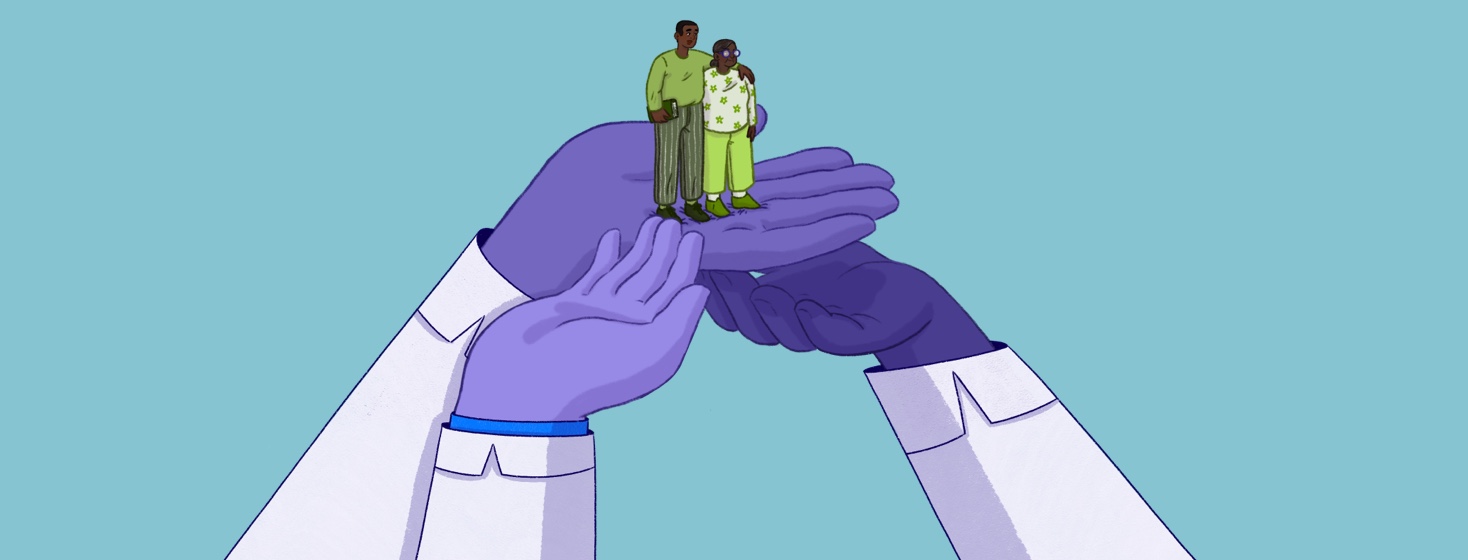Why Is It So Important to Get Treatment Early?
Psychosis, or a psychotic break, is when someone loses touch with reality. In most cases, someone experiencing psychosis becomes withdrawn. They might start believing things that are not true (delusions). They might start seeing or hearing things that are not real (hallucinations). Their speech might become disorganized and they may say things that do not make sense. Psychosis is a symptom of a few different mental health disorders, including schizophrenia.1,2
Research shows that early intervention services (including therapy, family support, and/or medication) are very beneficial when it comes to the outcome of psychosis. Untreated psychosis gets worse over time. How long psychosis is left untreated affects the result of the treatment. Getting treated during the first few years after the first psychotic break determines how well the treatment will work.3,4
In most cases, people who experience a psychotic break do not continue their treatment after their symptoms are gone. Early intervention involves some kind of treatment for about 2 to 5 years after the psychotic break. This has been shown to lead to better results.3
What is early treatment?
Experts have used research showing the benefits of early intervention in order to create treatment programs for psychosis. Early treatment to treat psychotic disorders like schizophrenia is called coordinated specialty care.2,5
Coordinated specialty care uses a team of healthcare professionals that includes psychiatrists, primary care doctors, and therapists. There are 5 main parts of coordinated specialty care.2,5
- Case management – People going through the treatment have a case manager. The case manager gives patients practical help with the treatment options or accessing the needed services.
- Psychotherapy – Meeting with a therapist regularly is part of the treatment plan. Cognitive and behavioral therapy may be used. This type of therapy focuses on learning techniques to deal with the symptoms of psychosis.
- Medication management – Medicines are used to treat psychotic disorders like schizophrenia. A healthcare provider works with people to find the right kind and dosage of medicine.
- Family support and education – Teaching family members about psychosis is also part of the treatment plan. Family members can learn ways to help and be involved in the recovery process.
- Supported employment and education services – The treatment plan aims to improve quality of life by setting goals. This can include returning to school or work and becoming independent.
The benefits of early treatment for schizophrenia
In many cases, the symptoms of schizophrenia make it harder to maintain everyday activities like work or school. Studies have shown that people who receive early intervention services have a better quality of life than those who receive treatment as usual. People who get early intervention are less likely to stop their treatment or get hospitalized. They are also more likely to keep up with work or school. Their symptoms are more likely to decrease in severity. And they are less likely to have a relapse.6
How to access early treatment
It is clear that early treatment of psychotic disorders is very beneficial. But depending on where you live and other factors, it can be difficult to get treatment on time. Coordinated specialty care is given by clinics as an outpatient service. If you experience a psychotic break, you should go to the hospital to get immediate help. After getting treated at the hospital, your healthcare provider can refer you to a clinic that provides coordinated specialty care.
